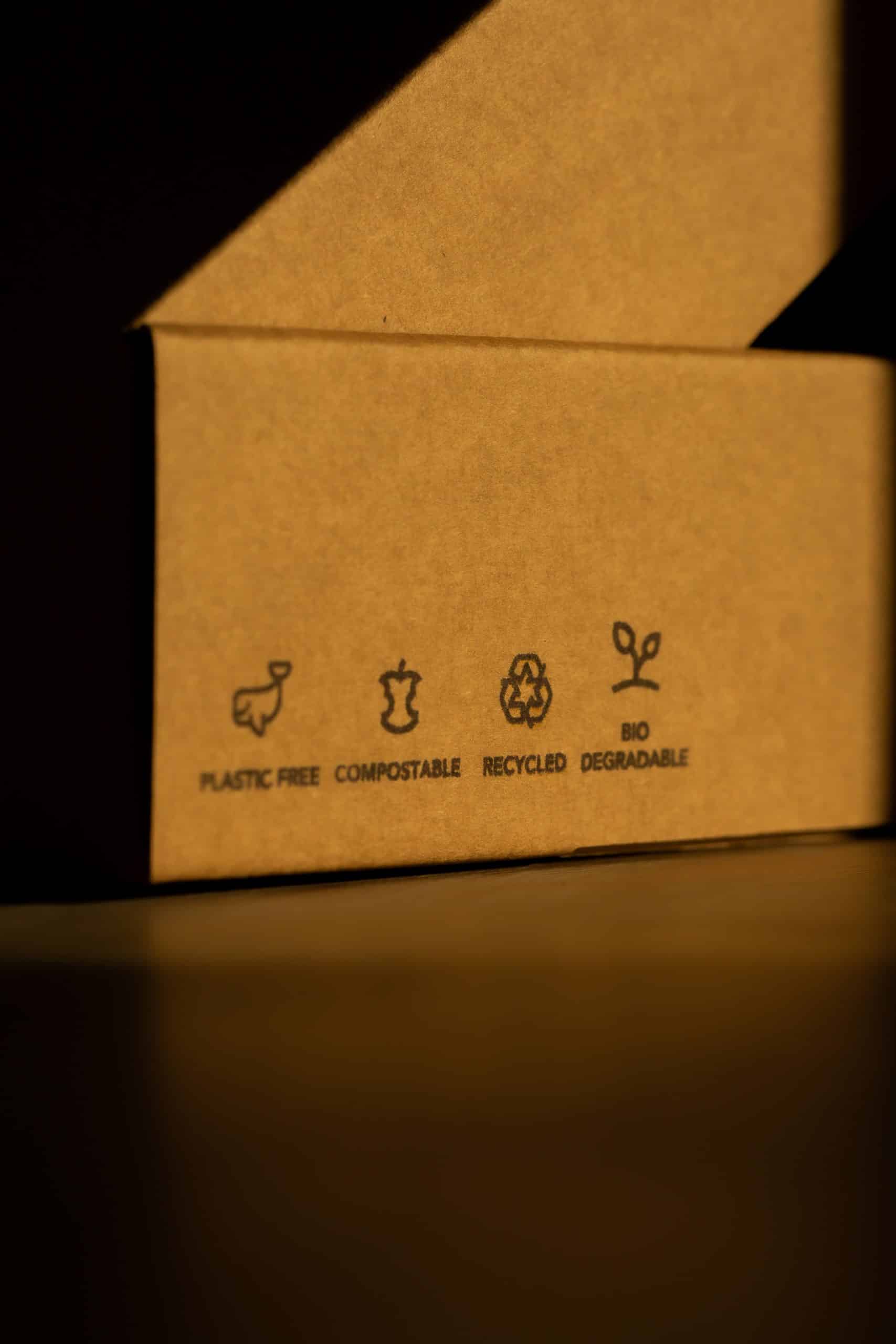Sustainability in e-commerce
When it comes to an e-commerce business, your options for sustainability are usually focused on the supply chain, production and delivery of your product or service. Let’s take a closer look.
Product source
Often, the driving force behind where an e-commerce business chooses to source the product they sell, is the cost. It may be cheaper to bulk buy a product from overseas, even with shipping costs accounted for, and therefore seem like the obvious way to maximise profits. In doing so, you fail to account for the growing conscious of the consumer market to ‘support local’.
Instead of luring customers in with cheaper prices, you risk driving customers away with broken ethics. An ever-growing body of research is showing that actually consumers are preferring to spend more on a product that is locally made or sourced. An increased cost at the source could quite easily be covered by the price you charge, or a greater demand could allow you to sell more of them.
By not shipping from overseas, you reduce the carbon footprint and improve the sustainability of your business.
Materials
Of course, the materials used for a product being sold online vary hugely depending on the type of business. If yours is one that uses renewable resources, investing the time in understanding the material and ensuring it is being sourced sustainably is vital. By doing so, it gives you the opportunity to share the knowledge with your consumer and many e-commerce sites will now dedicate a page to how their materials are sourced sustainably for the consumer to see.
Wood is a prime example of a material that when sourced in the right way, can be showcased to your buyers. If you’re not using renewable materials, could you adapt so that you are, or could you make sure your product is made from materials that are at least recyclable?
Empower yourself with the knowledge behind the materials you use and look for ways to maximise the use of sustainable materials in every aspect. When you do, make sure you sing and dance about all the good you are doing to your consumer!
Delivery
Once a product has been purchased, you still have a duty of care to your consumer and to the environment to get that product safely and efficiently to their door. Whilst it may seem difficult to do this in an eco-friendly way, especially if shipping abroad or over long distances, a little research into courier firms can help you discover stark differences. Some couriers are more eco-aware and are making efforts to reduce the carbon footprint of the delivery journey. For example, they may be using more environmentally friendly vehicles.

Recycling schemes
Aside from maximising recyclable materials in the actual production of what you sell, it is easy to think that once the product has been bought and delivered, the opportunities for improving sustainability are over. For a product made from recyclable material, it is easy for the customer to play their part, but you could also implement schemes that take recycling one step further. A faulty product or one that has reached the end of its lifecycle for example, may still contain parts that can be used in repairs.
For an e-commerce business, it may seem difficult and inconvenient for a consumer to return items without a physical or local store. You could facilitate this type of recycling by offering collection services, replacement or even offer monetary incentives. By doing so, you minimise the materials from your business that are sent to waste and improve your sustainability credentials.
More often than not, understanding the sustainability of your business can seem overwhelming. So much so, that some businesses opt for offering very little information to the consumer in fear of being wrong, rather than investing the time and efforts in understanding the entire journey of the products or services being sold.




